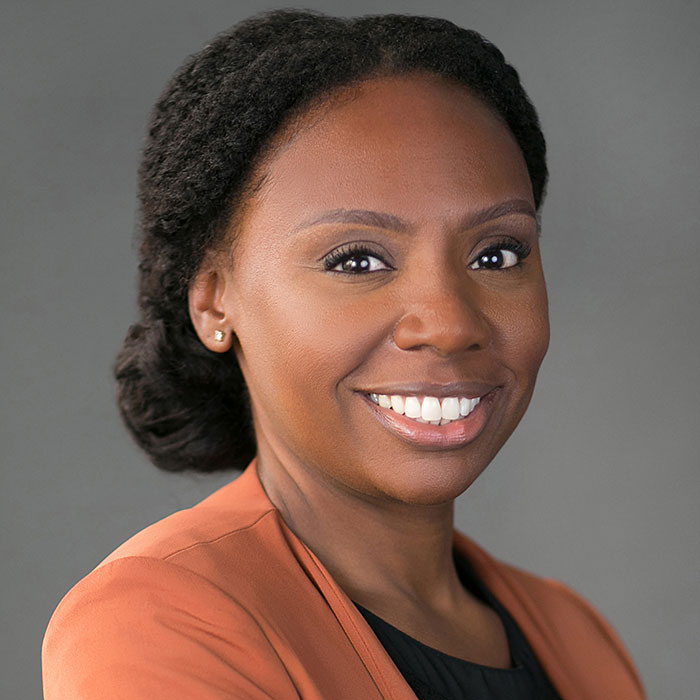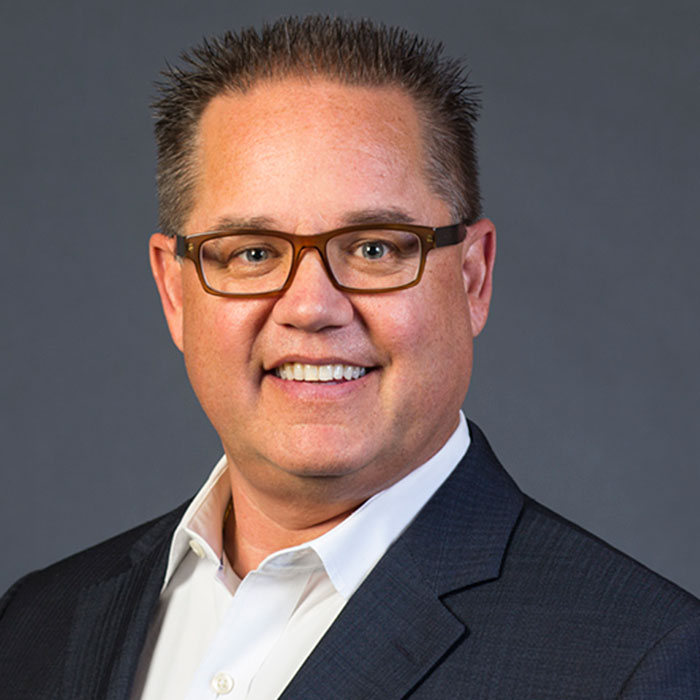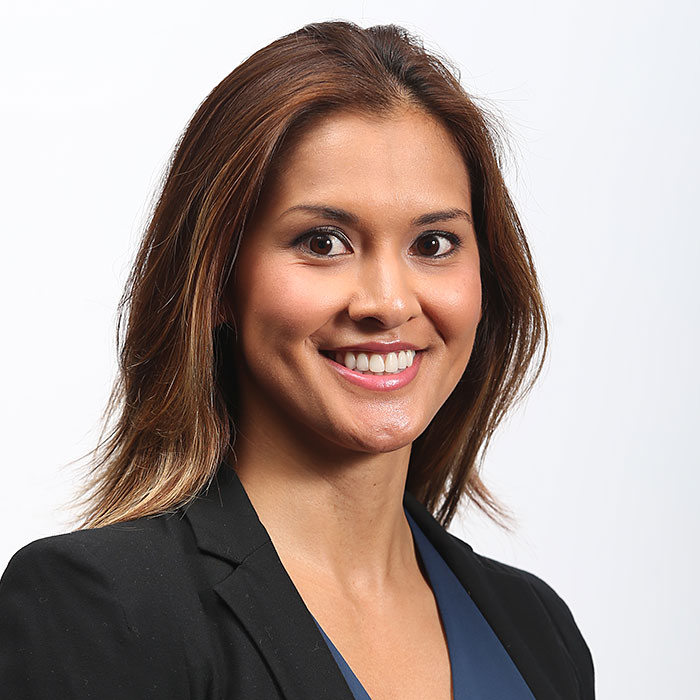EMBA students and alumni share their top tips

Roula Khalaf, Editor of the FT, selects her favourite stories in this weekly newsletter.
Idara Umoh Nickelson, Executive MBA, Kellogg School of Management, US, graduated 2017. Vice-president, Adfinitas Health, US
How has your alumni network helped?
My EMBA spanned five campuses in four countries — US, Canada, Germany and Hong Kong — and I seized the opportunity to cultivate a global network. I have received invaluable advice and opportunities from navigating life as a working professional and a mother to assessing job prospects. One of the best pieces of advice is don’t feel guilty about the time you will spend on yourself. Take advantage of every opportunity because you’ll never have a chance like this again. As I looked to move from the public to private sector, alumni connected me with contacts in leading companies. Through the process, I realised I was passionate about healthcare. I hold my current role because a Kellogg alumnus contacted the school about an opening at his company. My capabilities and the backing of a successful alumnus helped seal the deal.

Casey Worthington, EMBA Americas, Cornell: Johnson/Queen’s University: Smith, graduates 2019. VP of product development, ILR Car Control School
Why did you choose an EMBA?
I worked in IT as a consulting-based project and programme manager for more than 20 years. I had tackled most of the challenges these roles had to offer. Eventually, I realised I wanted to move into a business leadership role and develop relevant new competencies. An EMBA appeared perfectly suited and allowed me to balance family life with work and my career search. After enrolment, I accepted a dream career opportunity in the automotive sector, with the mission of reducing the alarming rate of fatalities and injuries sustained from collisions every year. I was chatting to the owner and discovered he was looking for a partner to grow the business with. The EMBA gave me an advantage.

Blair Wood, EMBA, London Business School, 2018. Senior producer, Input Media, UK
What advice would you give to someone starting an EMBA?
There are lots of bits of obvious advice — be prepared for the workload, ensure colleagues and those close to you understand the pressures. Be open to learning as much as you can from other students. My main advice is that you should tailor your EMBA based on the journey you want to take. Be guided but not overly influenced by others . . . there is a relatively narrow window to maximise a valuable and rare chance for personal growth. You need to explore the vast array of opportunities, find the blend that suits you and do things at your pace.

Christian Seely, EMBA, Melbourne Business School, 2016. Head of Emerging Identity Services, Australia Post, Australia
What was the most important lesson?
One of the important lessons is learning to be comfortable with uncertainty and ambiguity in a landscape where the pace of change is accelerating. Our 208-year-old organisation has experienced significant disruption. We are constantly seeking ways to reinvent ourselves and remain relevant. The EMBA has taught me how to identify new business opportunities by asking better questions and thinking differently about problems. This does not mean that you have to come up with all the answers. It is important to ask the right questions and seek solutions from diverse groups in terms of experience, gender, personality styles and skills. I’m now much more comfortable dealing with ambiguity and remind myself that “it’s OK not to be OK”, Well, for a little while anyway!

Krystal Bojan, EMBA Global Asia, Columbia Business School, London Business School, University of Hong Kong, 2018. Chief operating officer, Varga Family Office, Hong Kong
What did you learn from studying in different countries and with mixed nationalities?
Having grown up and worked in different countries, and possessing a passion for travel, it was important to have a truly global EMBA experience. The programme offered the flexibility to continue building my career while providing an immersive educational experience in the UK, US and Hong Kong. The experience reinforced many lessons about working in international business, including different styles of communicating, problem solving, influencing and understanding unspoken cultural norms. Working for western multinationals where the culture was non-hierarchical, I was accustomed to approaching people directly to get things done. In Asia, it is strongly driven by carefully cultivated relationships and networks of influence, or “guanxi”.
Comments